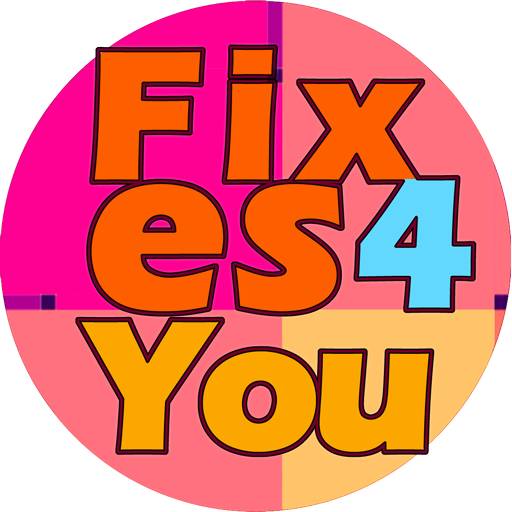So, you’re an adult now. You started a family and you also have a job. I bet just recently you wondered how to balance work and family life. Guess what, that is a common source of stress for working adults. In this productivity-driven society we’re living in, more and more people are finding it hard to adequately fulfill their roles both at home and at the workplace. And this can have negative consequences for their mental health, well-being, relationships, and even career success. It is essential to find ways to achieve a healthy and satisfying work-family integration. We should all be able to enjoy both aspects. Well here are some strategies and solutions that can help people achieve this goal.
Start with learning how to manage both time and energy effectively. Especially for individuals who have a demanding job and multiple roles at home, it can lead to feeling overwhelmed and terribly exhausted. Or even guilty for not being able to do everything well. Moreover, some people may experience role conflict or spillover, which means that the demands or emotions from one domain interfere with the performance or satisfaction in the other domain. For instance, a person may feel stressed or anxious about a work deadline while spending time with their family, or they may feel distracted or resentful about a family issue while working.
Take note, balancing work and family life can also have benefits for individuals, as well as for the organizations they work at. For individuals, they can improve their mental health, well-being, happiness, and self-esteem. It can enhance their relationships with their family, friends, and colleagues by increasing their quality of time and communication. Furthermore, it can boost their productivity, creativity, motivation, and performance at work by reducing stress, burnout, absenteeism, and turnover.
For organizations, supporting their employees' work-family balance can increase their loyalty, commitment, engagement, and retention. It can significantly improve the company's reputation, and image of social responsibility by showing that they care about their employees' needs and values.
Therefore, it is important to find effective strategies and solutions to balance work and family life.
Some of these strategies include limiting nonessential activities, learning when to say no, establishing boundaries and unplugging from work or family when needed. Find flexible schedules or arrangements that suit one's needs and preferences. Do this by communicating one's needs and expectations clearly with one's employer, family members, and other stakeholders.
Additionally, some solutions involve determining your core values and priorities in life, exploring options within the company or industry you work at. There may be necessary setbacks or trade-offs as part of the process. Seek help or support from others when necessary, and take time off to rest and recharge.
Balancing work and family life is a vital skill for working adults. It can pose many challenges but also offer many benefits. Consider tapping into the expertise of a life coach to help apply the strategies and solutions discussed in this article. People can definitely achieve better work-family integration. You should always be able to enjoy both aspects of life without compromising your health, happiness, and success.

